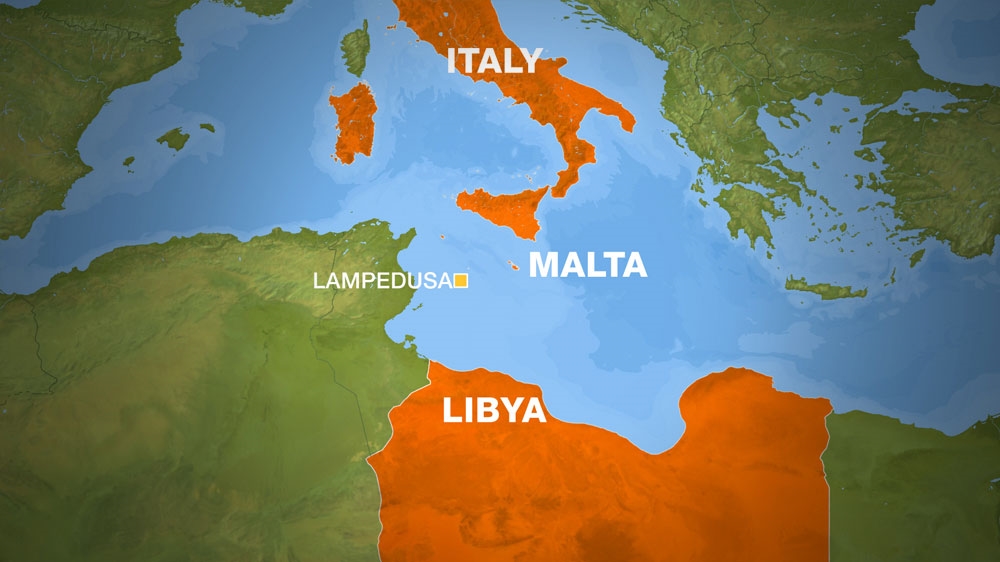EU looks to fund camps in Africa to cut immigration
Controversial plan aims to screen asylum seekers in North Africa and return “economic migrants” to their home countries.

European Union interior ministers have pushed ahead with plans to finance camps in Africa, where the United Nations refugee agency and aid groups would process people to prevent them from trying to cross the Mediterranean to Europe.
Thomas de Maiziere, German interior minister, said on Thursday that the idea was to send the people to a safe place without bringing them into Europe.
Keep reading
list of 4 itemsAre more European nations finally moving to recognise Palestine statehood?
EU lawmakers approve sweeping overhaul of asylum and migration rules
EU Parliament committee urges probe after Al Jazeera Senegal investigation
“The people taken up by the smugglers need to be saved and brought to a safe place, but then from this safe place outside Europe we would bring into Europe only those who require protection,” he said in the Maltese capital, Valletta, where the EU ministers were debating the possible ways to end the crisis.
The sea crossing from Libya to Italy, operated by people smugglers, is the main route for those seeking better lives in Europe, but the EU wants to shut it down and admit only those they consider to be “genuine refugees”.
|
|
Most of those taking the Libya-Italy route are regarded as “economic migrants” – people looking for jobs and not shelter from prosecution – with no chance of winning asylum in the EU.
The camps in Libya or its neighbours would be run by the UN refugee agency UNHCR or the International Organization for Migration (IOM), which would screen the people and help return those not eligible for asylum to their home countries.
More than 4,500 people are known to have drowned last year alone trying to make the crossing.
Criticism
The idea of financing camps in Africa enjoys wide political backing in the EU, but poses legal and security challenges.
Libya sank into chaos following the 2011 overthrow of Muammar Gaddafi, and the new UN-backed government in Tripoli exercises no control over its territory.
Such lawlessness means returning people to Libya would probably violate international law, which prohibits sending people back to a place where their lives could be in danger.
A group of leftist European politicians criticised the plan, saying it was inhumane, cynical and unacceptable.
“Even more refugees will be locked up in North Africa under high risk of torture, rape and other forms of ill treatment,” said German MEP Cornelia Ernst.
